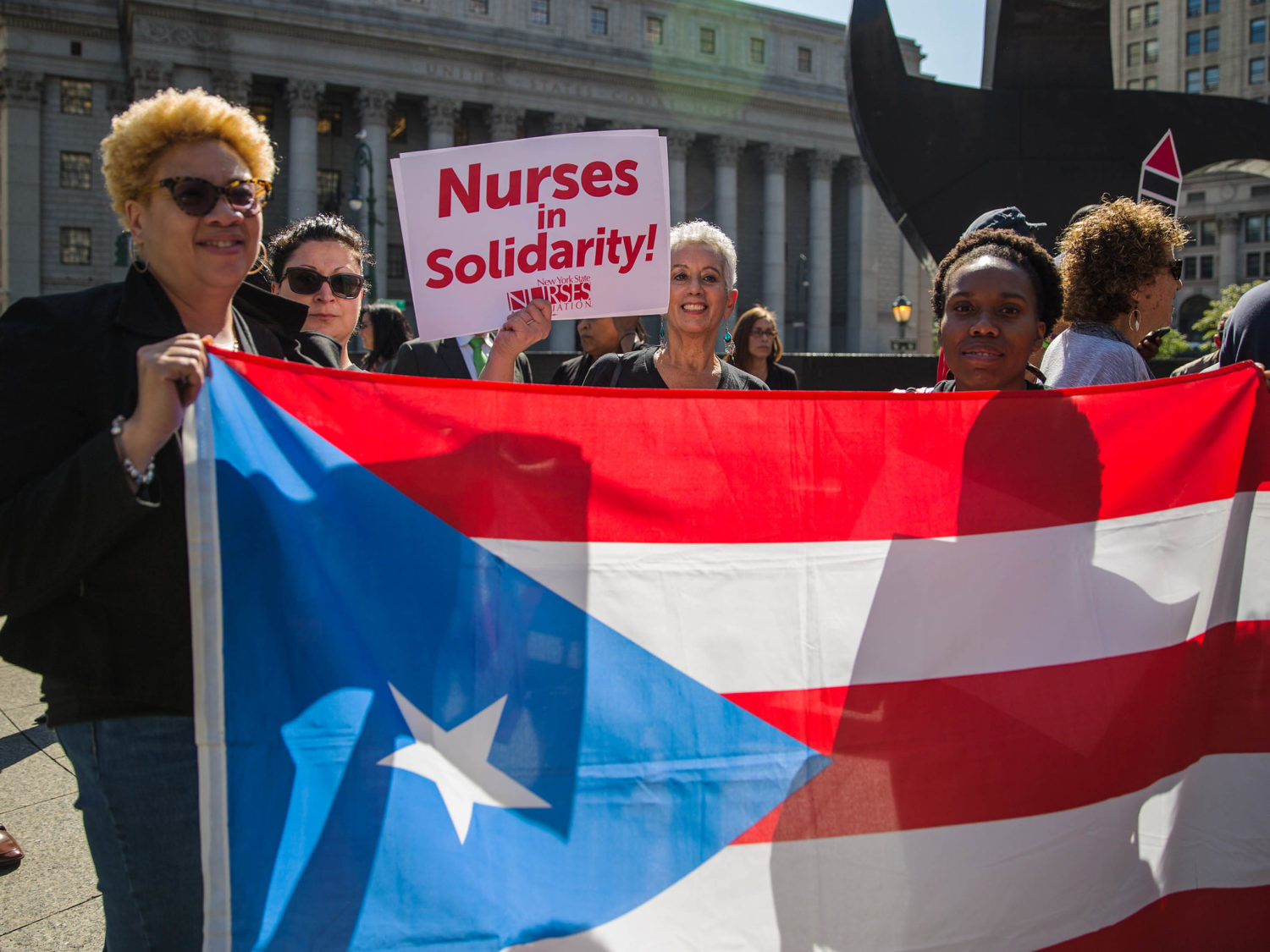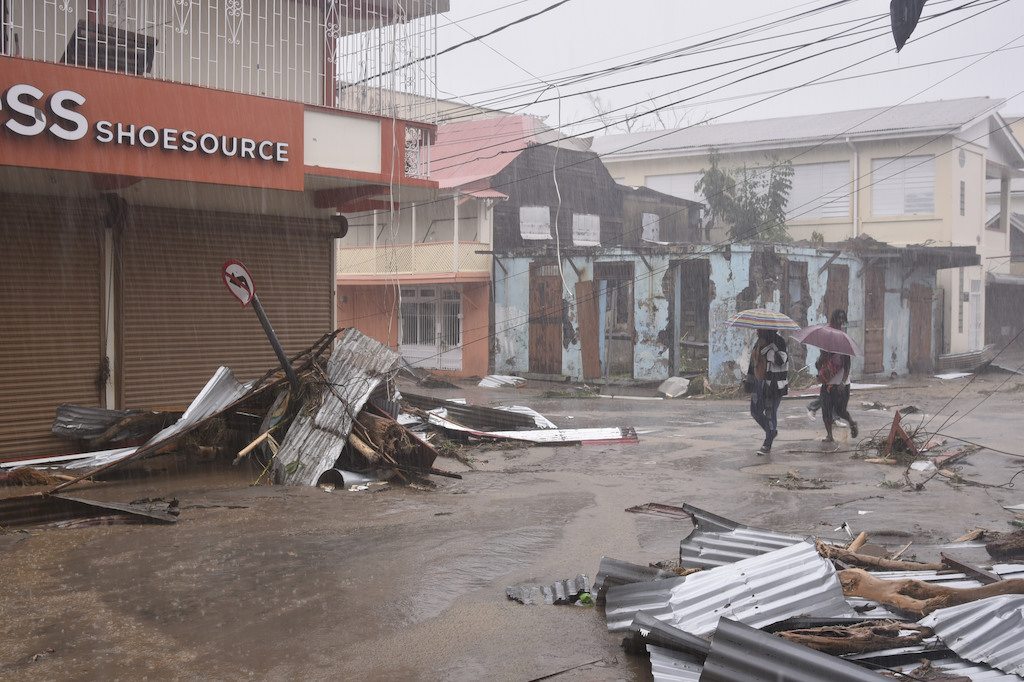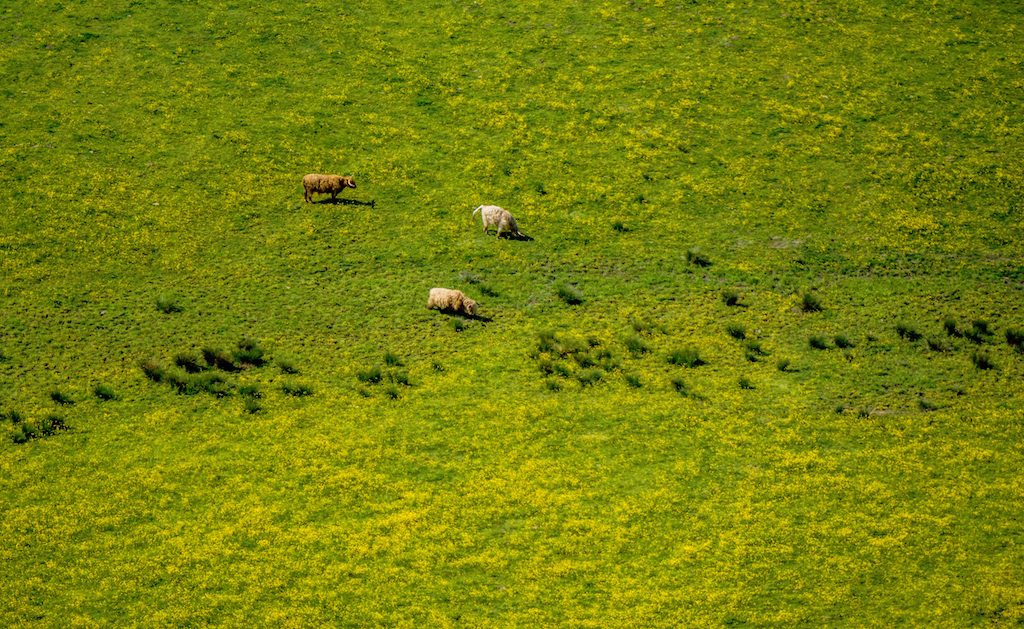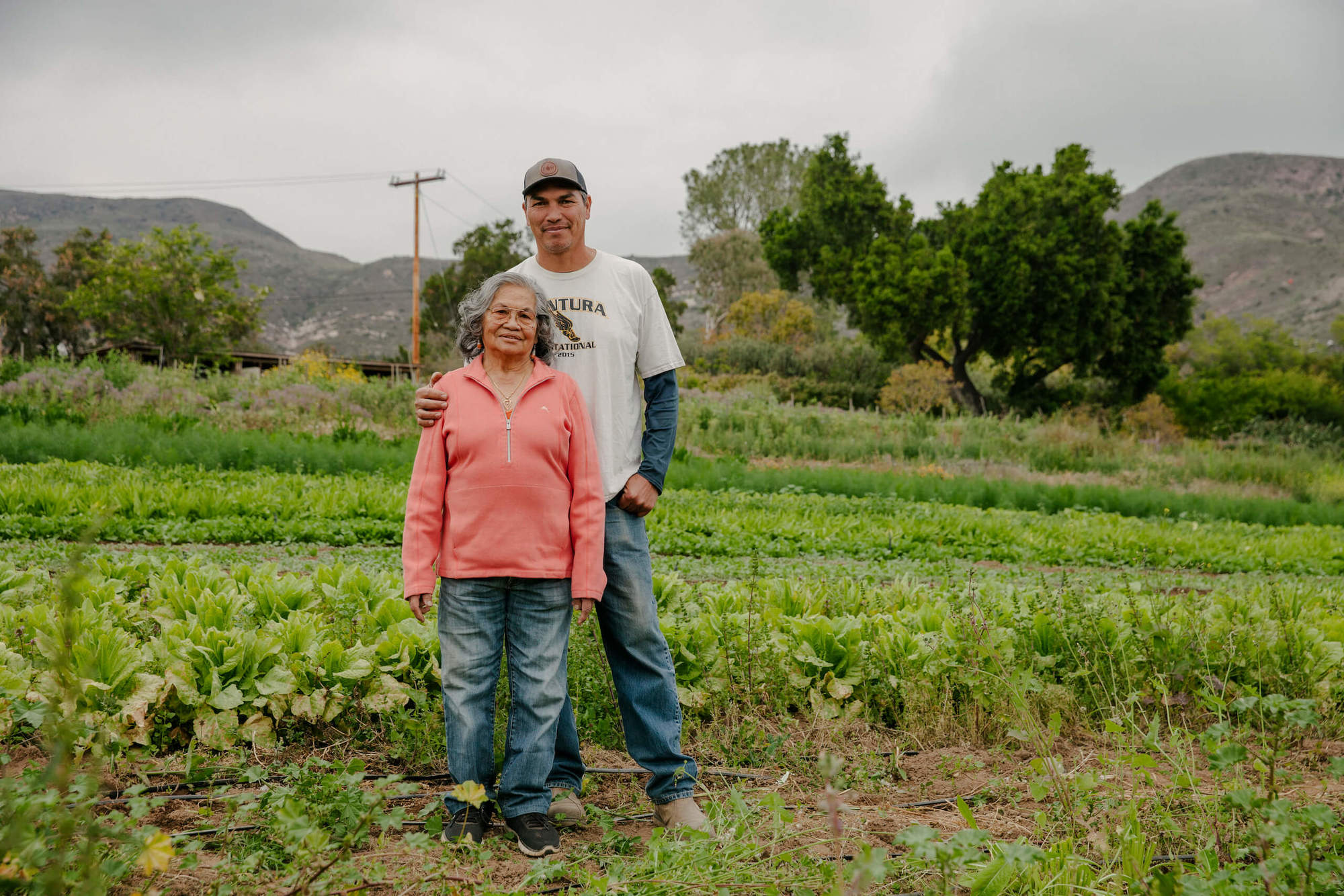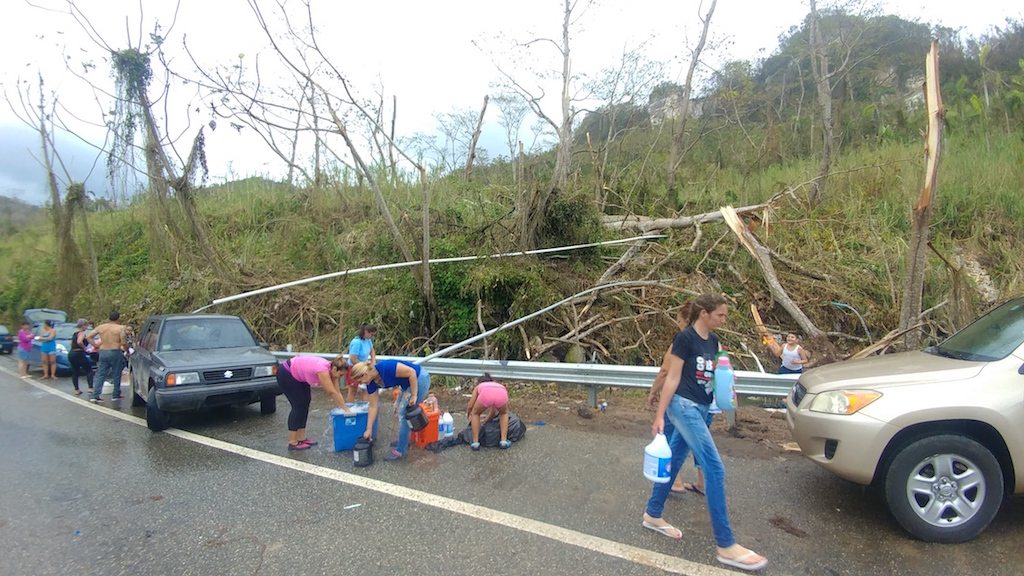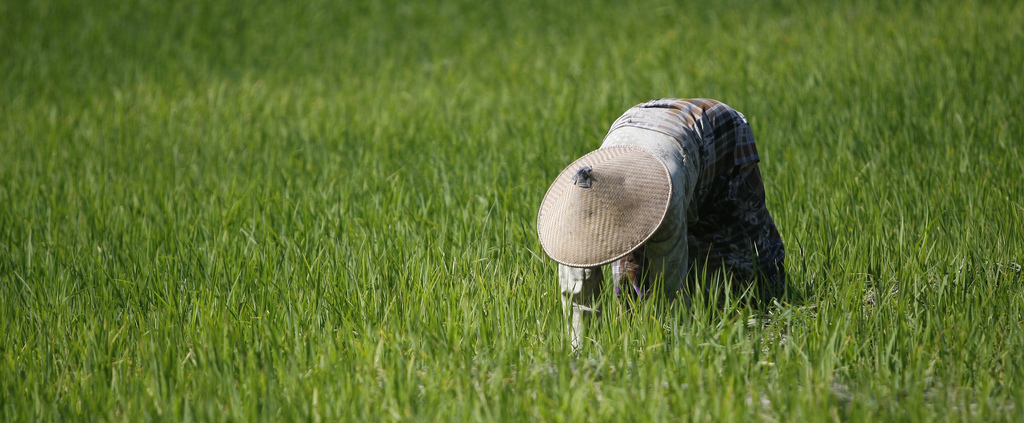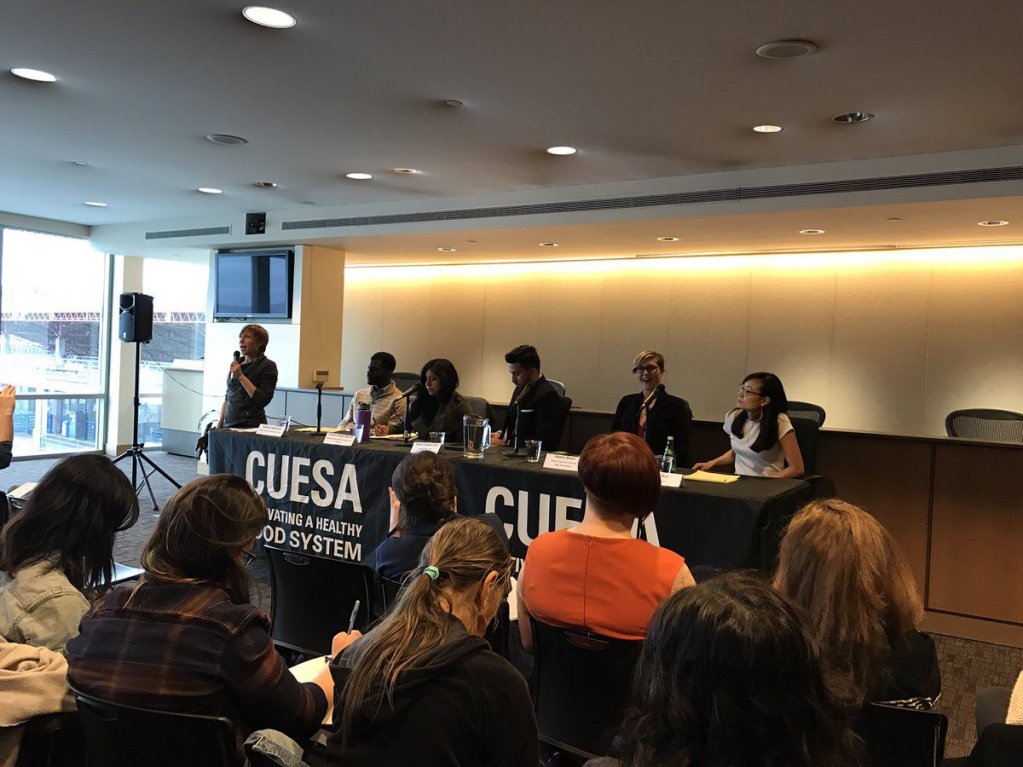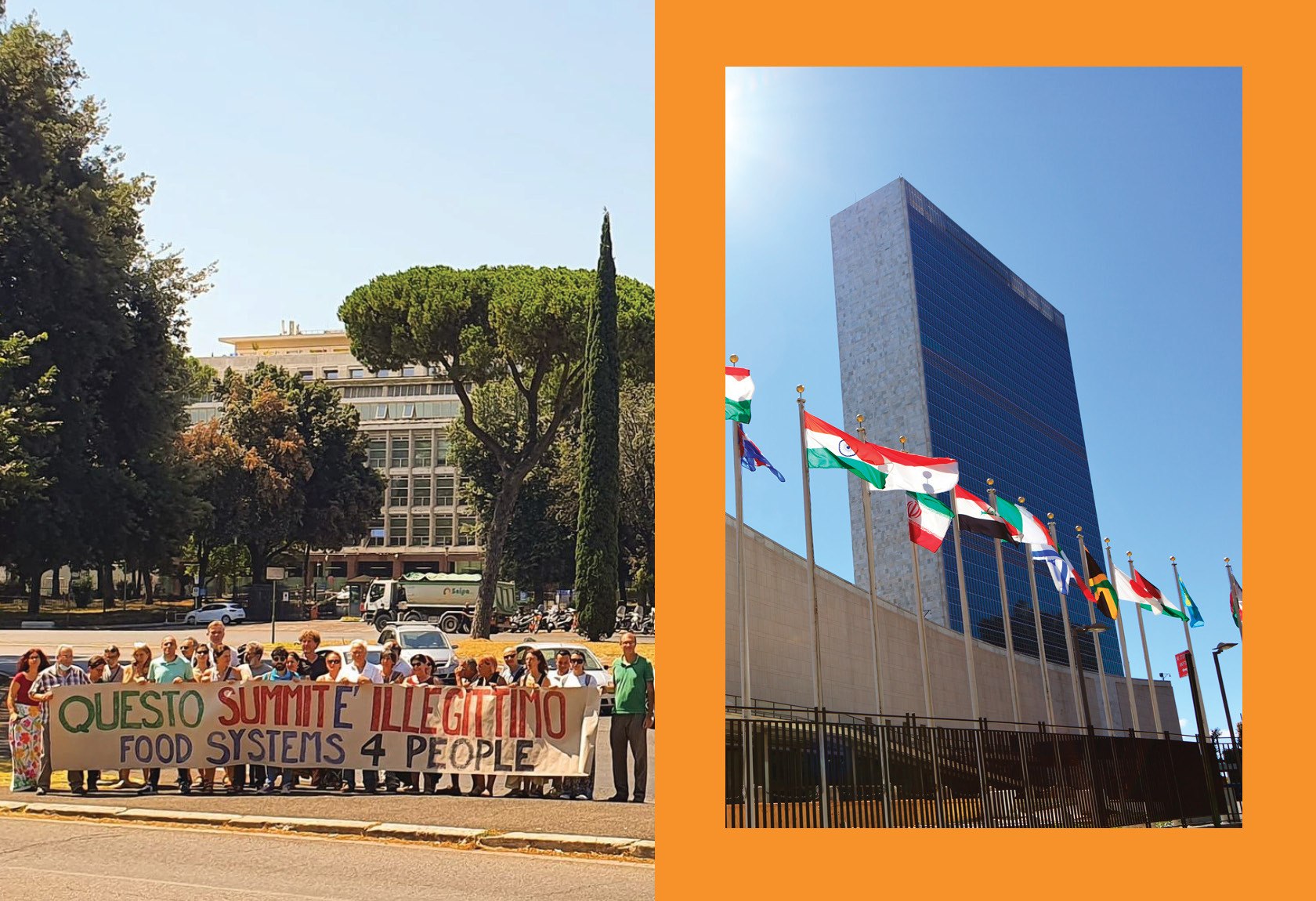How young farmers in Puerto Rico are working to repair centuries of colonialism
Centuries of colonialism—first by Spain and then the United States—have transformed Puerto Rico from a self-sustaining archipelago to a place almost totally dependent on imported food. Small farms were destroyed by occupying forces to create large monocrop plantations, and after generations of toiling to produce sugarcane and other exports under terrible conditions, farming lost its appeal as a career choice for many Puerto Ricans. A new generation of farmers who see sustainable agriculture as “an act of rebellion” is trying to change that now, Ian Pagán-Roig tells The Guardian. Pagán-Roig founded a farm-based school that teaches and experiments with sustainable farming techniques to make farming possible in an increasingly unpredictable climate. More than 600 people have graduated from the program in the last eight years. The program is just one of many efforts to introduce low-impact agriculture to the island chain and improve food security in the islands while also addressing ecological challenges. —Jessica Terrell
